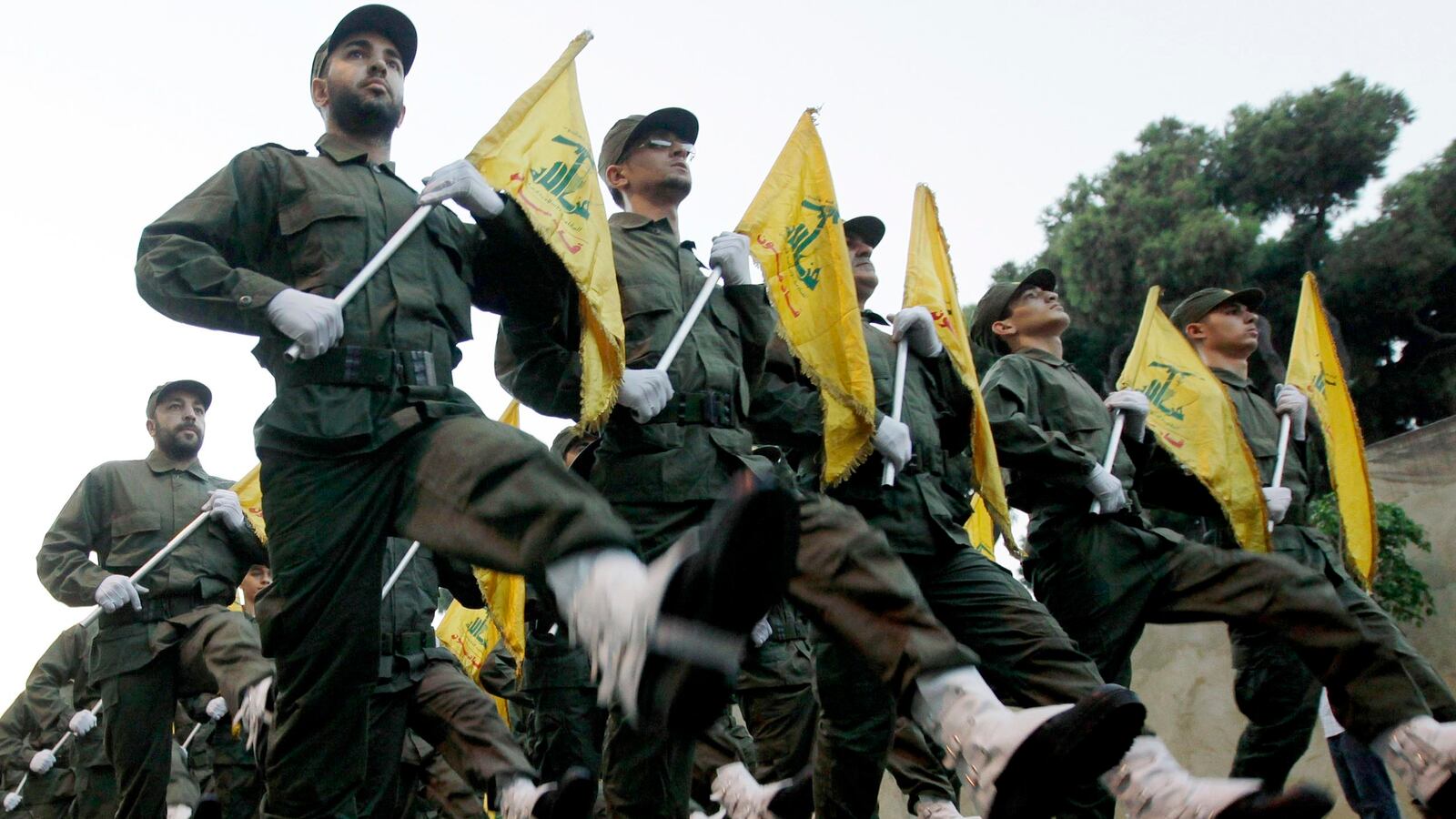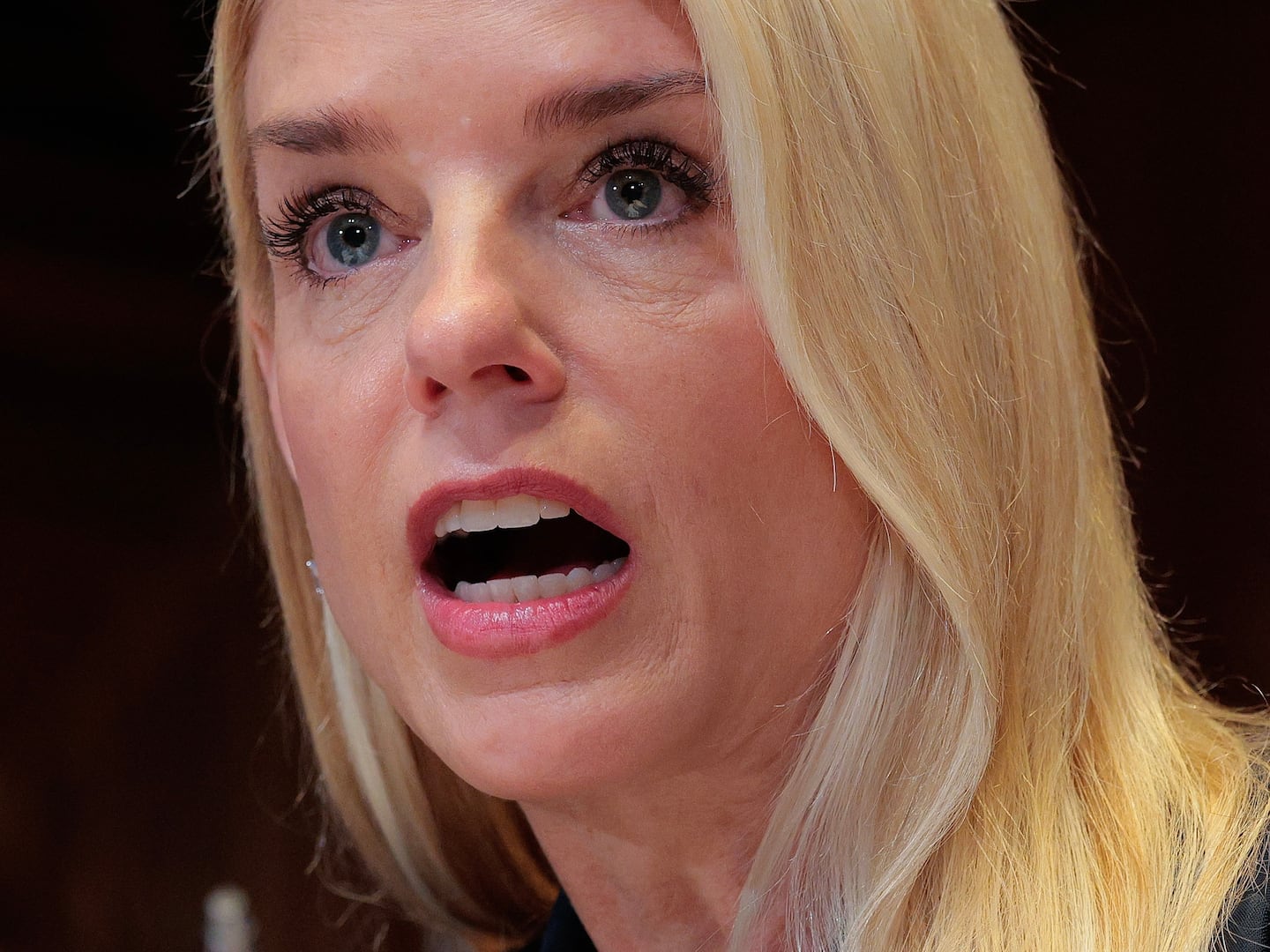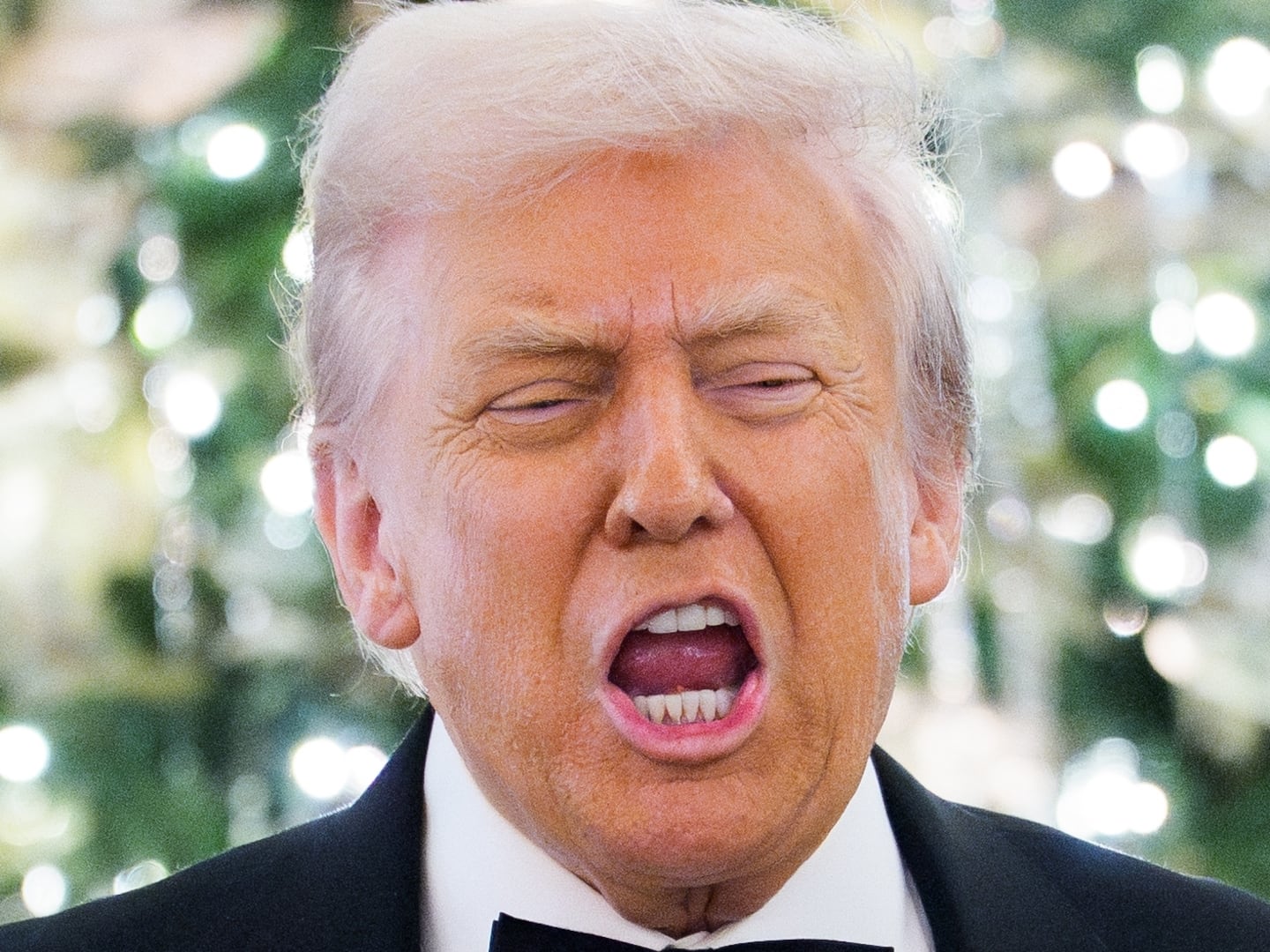Hezbollah has always been a highly secretive organization—and a disciplined one at that. Shiites who belong to Hezbollah are careful not to talk out of turn. But as fighting rages next door in Syria, Hezbollah appears even cagier than usual as Lebanon tries to contain the rising sectarian tensions linked to the Syrian conflict.

Lebanon’s two largest political blocs—one led by Hezbollah and the other by the Future Movement—support opposing sides in the fight between Syrian President Bashar al-Assad’s forces and rebels trying to oust him. Hezbollah has been engaged militarily against the rebels.
Earlier this month, Lebanon’s parliament approved a new prime minister, the 68-year-old Tammam Salam, who has promised to try to mitigate the threat of the Syrian civil war spilling further into Lebanon. His task, though, will be made harder by Hezbollah continuing to shy away from discussing its role and objectives once Assad is gone. Will it still be aligned with Iran in the struggle against Israel and the West or will it morph into a purely domestic political movement without arms?
The fortunes of Hezbollah and the Assad regime are linked: Hezbollah would never have grown to be as powerful as it is without Syria’s political manipulations and the patronage of Assad intelligence services.
Publicly, Hezbollah leaders say Assad won’t be defeated and the “axis of resistance”—Iran, Syria, and Hezbollah—will endure. But Lebanese Shiites are growing nervous amid heightened sectarian tensions.
That is a far cry from the mood three years ago when, on the eve of the Arab Spring, Hezbollah’s leader, Hassan Nasrallah, confidently predicted that Lebanon’s Shiites would “change the face of the region.” He boasted that war didn’t scare the movement because “in all our previous wars, we relied on God, and we won.”
But Nasrallah hadn’t anticipated the challenge to his Syrian ally Assad. And now —because of Hezbollah’s rhetorical and military support for the Syrian regime—the movement is once again considered a pariah.
“From aspiring to be a pan-Islamist resistance movement, Hezbollah has been reduced by the Syrian civil war to once again being a sectarian militia,” says Bassel Salloukh, a political scientist at Beirut’s Lebanese American University.
Hezbollah has had few options but to back the Syrian regime and to follow the lead of its chief patron, Iran. However, by seeking to bolster the beleaguered Assad regime, Hezbollah is placing itself at risk.
Assad’s ouster is “a moment the party dreads, it worries about,” says Lebanese commentator Michael Young. If the Syrian regime falls, “Hezbollah’s capacity to engage in war will be much diminished, it will not have the same ability to rearm itself and it won’t have this big ally sitting on the Lebanese border that can help it.”
Young believes Assad’s fall will embolden Lebanese Sunnis to challenge Hezbollah in an effort to end the Shiite movement’s role as a state within the state, demanding it disarm. “It will have to deal with mounting opposition within Lebanon.”
Already, Sunni Islamists in Lebanon are becoming more outspoken in their hostility, warning Hezbollah it will be held accountable for any Sunni blood spilled in Syria.
Last October, Nasrallah acknowledged Hezbollah militias are fighting in Syria, but he said they were acting as individuals—a caveat few believed, especially in light of the death that month in the Syrian town of Qusayr of top Hezbollah commander, Ali Hussein Nassif.
Since then, there have been reports of large number of Hezbollah fighters going to Aleppo and Homs as well as increasing their patrols of the Lebanese-Syrian border to prevent Sunni fighters from joining the rebels. The number of Hezbollah fighters who have died fighting for Assad isn’t known. But local media have noted at least 50 funerals of Hezbollah fighters killed in Syria.
There are also unconfirmed reports that Hezbollah are training a Shiite militia in Syria’s coastal northwest, raising the question of whether the Assad regime is considering a retreat there, if it can’t hold Damascus.
Does Hezbollah honestly believe Assad can survive? Longtime observers of Hezbollah say they doubt it. “I am sure Hezbollah has a Plan B,” says Young, author of The Ghosts of Martyrs Square. “I think they are perfectly aware Assad is losing ground—they aren’t stupid—but publicly I think it is important for them to say constantly he will not fall because it is part of the Iranian strategy to prop up Assad…to buy time.”
Trying to guess the outlines of Plan B has become something of a dinner-table pastime for the Lebanese chattering classes. It is also something Sunni, Christian, and secular politicians are trying to pry out of Hezbollah in behind-the-scenes dialogues involving mid-level Hezbollah officials and their counterparts in Lebanon’s mainly Sunni-based but secular Future Movement.
“We can’t get them to go beyond saying Assad won’t fall. They say Grand Ayatollah Hosseini Khamenei (Iran’s supreme leader) has reassured them he will survive,” says one Sunni politician on condition of anonymity.
Political scientist Salloukh believes Hezbollah’s Plan B is to transform itself even more into a political party, reducing its military side. “Hezbollah’s leaders made the mental shift a while ago,” he says, arguing if Nasrallah takes that tack, Lebanon’s political system will give Hezbollah the space to do so. Salloukh worries, though, that the Syrian civil war has complicated the issue of Hezbollah’s huge arsenal of weapons. “Now from their perspective, they are not only threatened by Israel, they are threatened also by radical Sunni jihadi Salifi groups at a time when the fault-lines are becoming more sectarian in the region.” Those enemies include radical Sunnis in Lebanon and jihadist groups such as Jabhat al-Nusra in Syria.
“The big problem Hezbollah has always had since the withdrawal of the Israel army in 2000 has been one of relevance. What role do they play in the country?” asks Young. “The reality is that, by and large, Hezbollah doesn’t have a role to play.”






